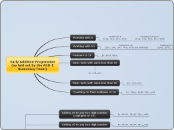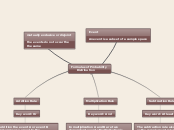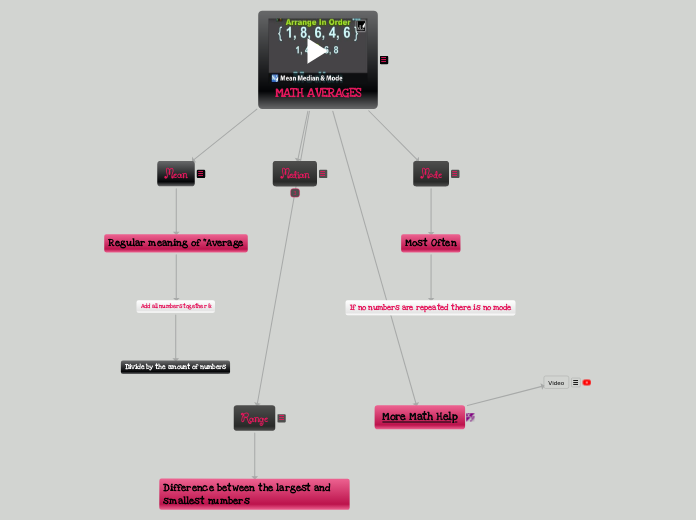von Amy Boljkovac Vor 11 Jahren
470
Addition Progression
The text focuses on different methods and exercises for practicing addition with specific constraints. It details adding multiples of ten and other two-digit numbers while ensuring the sums remain below 100.









